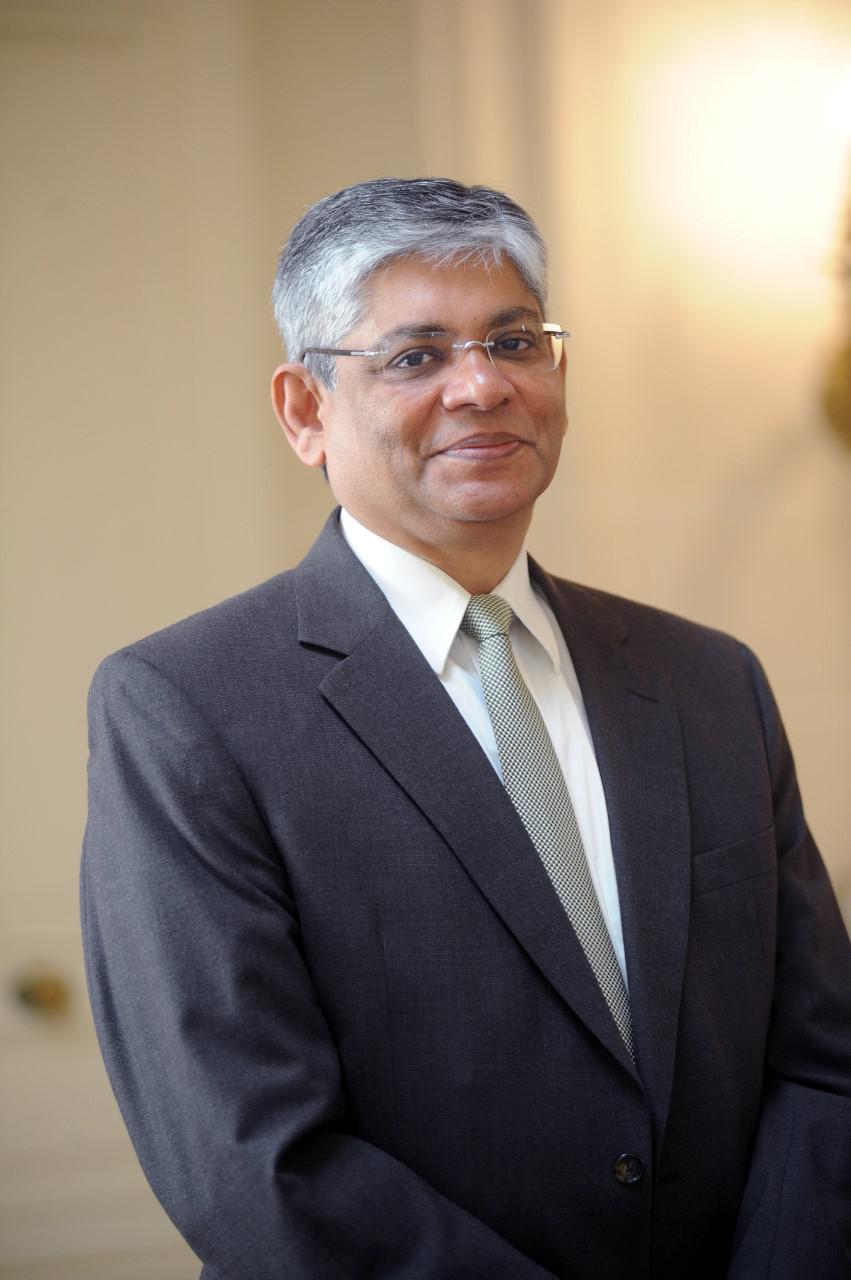Experts
Arun K. Singh

Senior Fellow, Carnegie India
About
Arun K. Singh is a senior fellow at Carnegie India. Singh has extensive experience across the globe, including as India’s ambassador to the United States, Israel, and France. Throughout his distinguished career in the Indian Foreign Service spanning thirty-seven years, he has served during pivotal periods in key global capitals and was instrumental in shaping India’s policies, notably the continued progress in the U.S.-India relationship, India’s closer ties to Israel, and the formulation and implementation of India’s policies related to Afghanistan, Pakistan, and Iran, including in the period following 9/11.
In addition to his ambassadorial postings, Singh has previously served at the Embassy of India, Moscow from 1981 to 1982; the Indian mission in Addis Ababa as second secretary from 1982 to 1985; in Tokyo as first secretary from 1985 to 1988; as deputy secretary/director dealing with the East Asia and Pakistan divisions from 1988 to 1991; in the offices of the foreign secretary and the external affairs minister of India from 1991 to 1993; as a counselor at the Permanent Mission of India to the United Nations Office, New York from 1993 to 1997; as a counselor/minister at the Indian mission in Moscow from 1997 to 2000; and as joint secretary dealing first with United Nations policy and then the Pakistan, Afghanistan, and Iran divisions at the Ministry of External Affairs from 2000 to 2005.
Singh has been a Halle Institute/GSI distinguished fellow at Emory University (2017–2022) and is a distinguished nonresident senior fellow in the Asia Program at the German Marshall Fund. In 2017, he taught courses on U.S. foreign policy in South Asia and on current global trends and challenges at the American University and the School of Advanced International Studies, Johns Hopkins University. He was also a distinguished visiting professor at Emory University and the Center for Advanced Study of India, University of Pennsylvania.
Singh served as a member of India’s National Security Advisory Board in 2021–22 and is currently a visiting professor at Ashoka University. He holds a Master’s degree in economics from the University of Delhi, where he specialized in econometrics, development policy, macroeconomics, and Indian economic history.
Affiliations
Areas of Expertise
Education
MA, Economics, University of Delhi
Languages
English